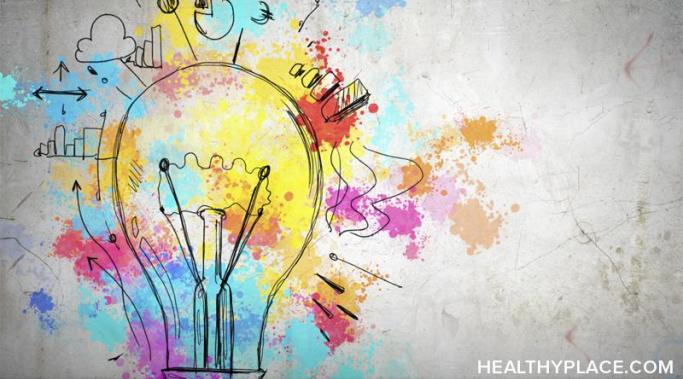Blogs
One of the most important components of any healing journey is finding the right therapist, and this is especially true when you have dissociative identity disorder (DID). That being said, it is critical to find a therapist who can work with you and your specific needs to set you on the right path toward recovery.
As far as years go, 2020 has been difficult in a great many ways, but it's also taught me a lot about my eating disorder recovery. I expected a year like this one to break me; I was almost waiting for it. I'm not going to lie: there were some close calls.
For most of my childhood, I used reading to cope with trauma. This might not sound like a bad thing, and it wasn't entirely, but it came with a couple of big problems. Coping mechanisms develop as a way for us to protect ourselves, to survive despite threats to our wellbeing or identity. However, these coping mechanisms can get in the way of real connection.
The year 2020 is finally coming to an end, so inevitably, New Year's resolutions are looming on the horizon. Being self-harm-free might seem like a huge commitment and a lot of pressure to put on yourself from January 1st. However, if you break it down into smaller tasks that feel both achievable and not too overwhelming, living self-harm-free can become a realistic goal.
One important thing for folks to realize is that mental health struggles don't take a holiday. Given the year that 2020 has been and the on-going restrictions on gatherings across the globe, I imagine that it may be easier to see than ever before, with the holidays looking different than usual. All the same, I wanted to take time to comment on mental health struggles during the holiday season and how mental health stigma factors into that.
Why should you focus on your breath during holiday anxiety? Well, even in the best of times, the holiday season heralds in more than just the new year -- it can bring a lot of anxiety too, and focusing on your breath can have some amazing benefits.
I know firsthand just how much of a challenge it can be to prioritize eating disorder recovery this time of year—or even in general, for that matter. So if your commitment to healing is wavering at the moment, I want to share with you five reasons why I believe that eating disorder recovery is worth it. This is not to minimize the pain or turmoil you might feel, but I do hope the list below inspires and encourages you to continue on the path to reclaiming a healthy, empowered life. Eating disorder recovery is no simple feat, but I can tell you from experience, the outcome is so worth it.
I didn’t set out to become a mental health advocate until my late teens and early 20s when I was diagnosed with schizophrenia and then schizoaffective disorder, bipolar type. I would like to share my advocacy journey with you.
The road to recovery is never a simple, straight path forward; it curves unexpectedly, and sometimes we find we must backtrack before we can make progress. No matter what point you're at in your own journey, a self-harm coping box can be an incredibly useful tool to help you navigate and stay on track in your recovery from self-harm.
Anxiety and stress are similar in nature. They both are typically unwelcome invaders intruding on our lives, rudely disrupting our inner peace and calm. Because they are related, people often use the terms interchangeably. Technically, there is a slight difference between stress and anxiety. For each of us in our daily lives, though, does the difference really matter? Read on, and decide for yourself.









